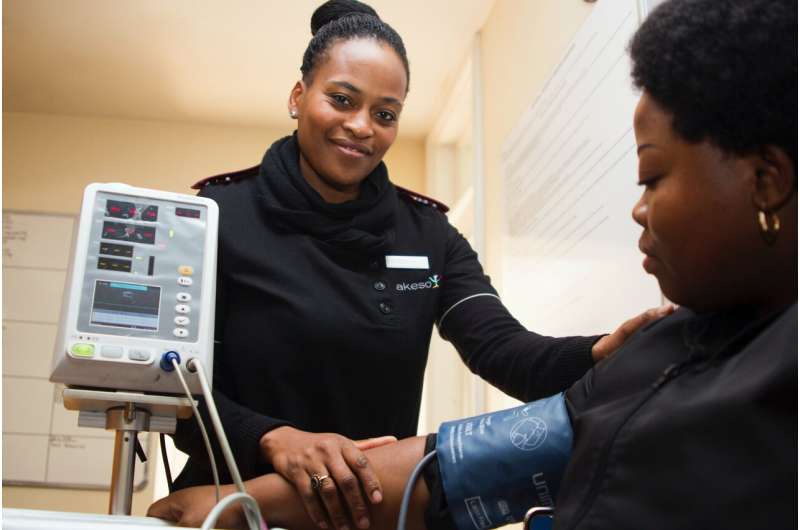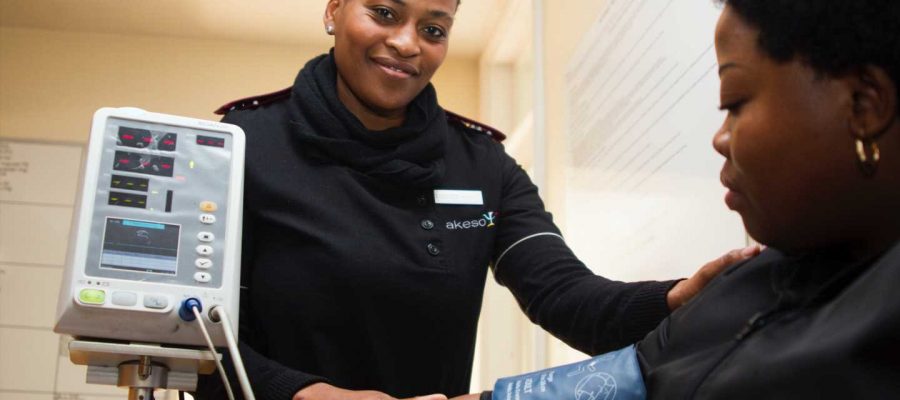
Information reported directly by patients can be invaluable for assessing the impact of disease and treatment on patients’ symptoms and quality of life -but more needs to be done to include under-served groups to avoid rising inequalities in healthcare, say experts at the University of Birmingham.
The information is commonly collected in both clinical trials and clinical practice and ensures that the patient’s perspective is at the heart of decision making. As use of these data become more commonplace, however, researchers in the University’s Center for Patient-Reported Outcomes Research are calling for more to be done to ensure such information can be provided by everybody.
In an article published today 5 May 2022 in Nature Medicine, researchers in collaboration with patients, regulators and international experts identify some of the barriers to participation such as access to technology, disability, language and cultural requirements and call for these to be addressed.
Lead author, Professor Melanie Calvert, said: “When we start to embrace new approaches to healthcare, such as use of patient-reported outcomes, we need to make sure that barriers to participation are addressed at an early stage. If we don’t do this, the gaps between advantaged and disadvantaged populations will only get worse.
“Representative diversity in clinical trials is vital to ensure new medicines and technologies are applicable to the population they are intended to serve. Targeted initiatives are needed to ensure that no groups are excluded from participation in patient-reported outcome data collection, both in research settings and routine clinical care.”
Specific recommendations in the article include:
- Improve diversity by involving individuals who represent target populations when designing patient questionnaires.
- Consider the type and severity of disease when seeking patient views, including cognitive or functional impairment that would limit participation.
- Be aware of cultural needs or languages that might be a barrier, and address these sensitively and appropriately.
- Include individuals with all levels of reading, writing and problem solving abilities by ensuring material is accessible and that assistance is available, if required.
- Provide alternative methods of participation to promote digital inclusion
- Where information is being used in drug development, make sure inclusivity is included early on in discussions about data collection.
Rav Verdi, a patient partner who co-authored the work, said: “As a patient and living in a cosmopolitan society it’s encouraging to see that all walks of life have been considered and a means of communication thought about to glean information from the patient and to provide information to the patient regarding their care and treatment. As world-wide issue, information could be shared with treatment centers to provide better care and understanding of different groups of the population.”
Roger Wilson, a patient partner adds: “Listening to patients reveals the range of diversity which must be understood and allowed for by careful design if a study is to offer benefits to society equitably.”
Source: Read Full Article
